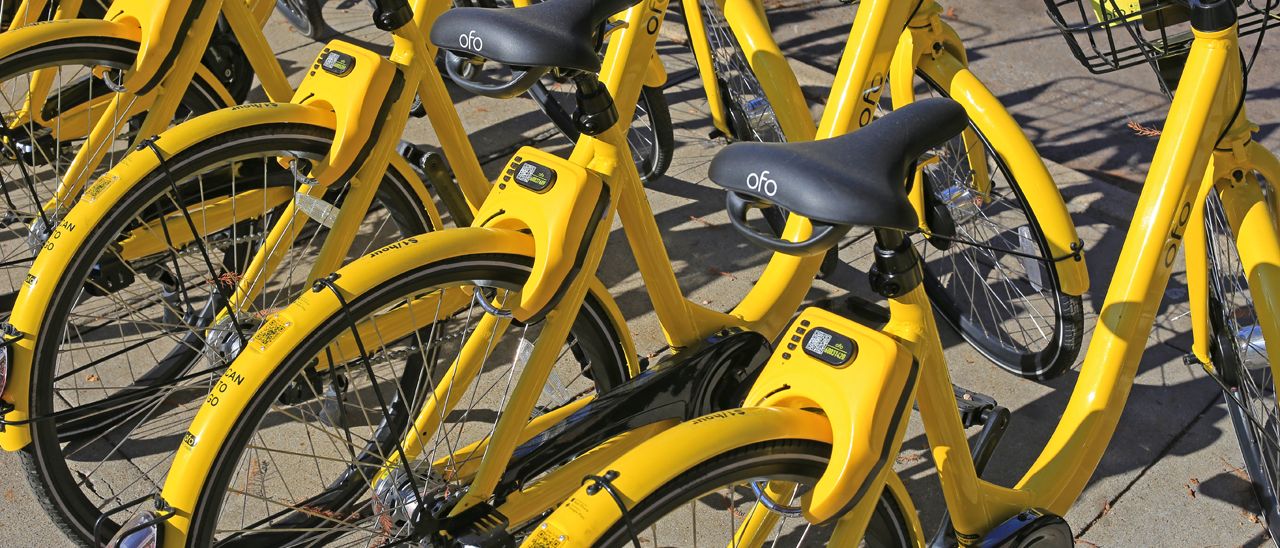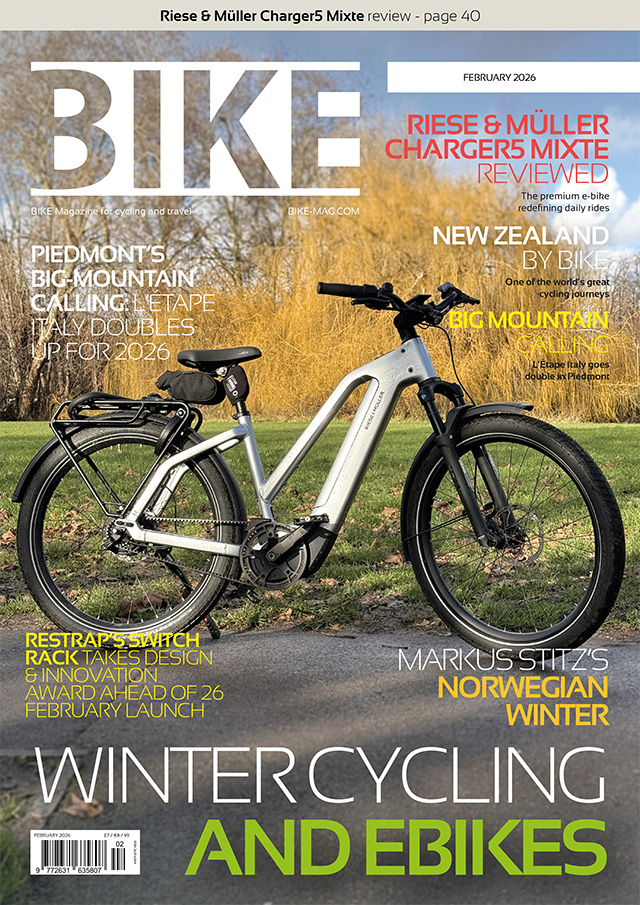Dockless Bike Shares Win with Innovation
Commuters in Washington, DC, have a new option this month after three new “dockless”* bike-share systems rolled out in the city.
In the last few years, bike-share systems have proliferated across the world, seeking to pull more motorists from congested streets and provide a convenient option for trips of a few miles. Today, about 1,000 cities worldwide sport some kind of system that allows for cheap bicycle rentals. From China to Europe to many of America’s large cities, the systems have proved popular.
Typical systems rely on docking systems scattered throughout areas where trips might be taken. The user must walk to and from docking stations before and after trips and risk congested dock parking that reduces predictability and discourages use to popular destinations. Such dock-based systems must have bicycles “rebalanced,” or driven by workers between congested docks and those that are empty. These downsides led to innovation, giving rise to new, privately funded dockless bikeshare systems, first in China before proliferating around the globe.

These dockless systems have lower costs. They do not require a network of docks on costly downtown real estate that could be used for other services. They require less staff to maintain with no need to rebalance the system. They run less risk of their assets being destroyed by errant drivers. The different private companies running these systems offer different types of bicycles, such as those with more gears, lighter frames, and even electric assists for hills. One of the companies available in Washington accepts transit cards as a form of payment, allowing even those without smartphone access to their machines.
So far, DC politicians have been cooperative, but that is no guarantee. In August, Competitive Enterprise Institute Senior Fellow Marc Scribner noted that many cities have long-term contracts with providers of existing bike-share systems. These companies are loathe to have other companies competing for customers, especially those with novel business models.
Transportation experts have long been critical of governments locking themselves into specific technologies with contracts and regulations rather than allowing multiple pathways to achieve their transportation goals. States could ensure the benefits of a dynamic rental-bicycle market by using state law to bar municipalities from creating monopoly contracts with bike-share providers in the same way they bar municipalities from other non-competitive regulations. This would make it easy for private dockless bike-share companies to operate across metropolitan areas, spreading to where demand exists.
Dockless bike share is one small example of how transportation innovation flourishes in the places where government monopolies are weak. Dockless bike-share companies are showing that a service that was considered by many to require a subsidized monopoly need not necessarily be so. Allowing these companies to test new methods of delivering a now-familiar service can yield greater mobility benefits than legacy systems, reaching new consumers and increasing the options for existing ones.




























